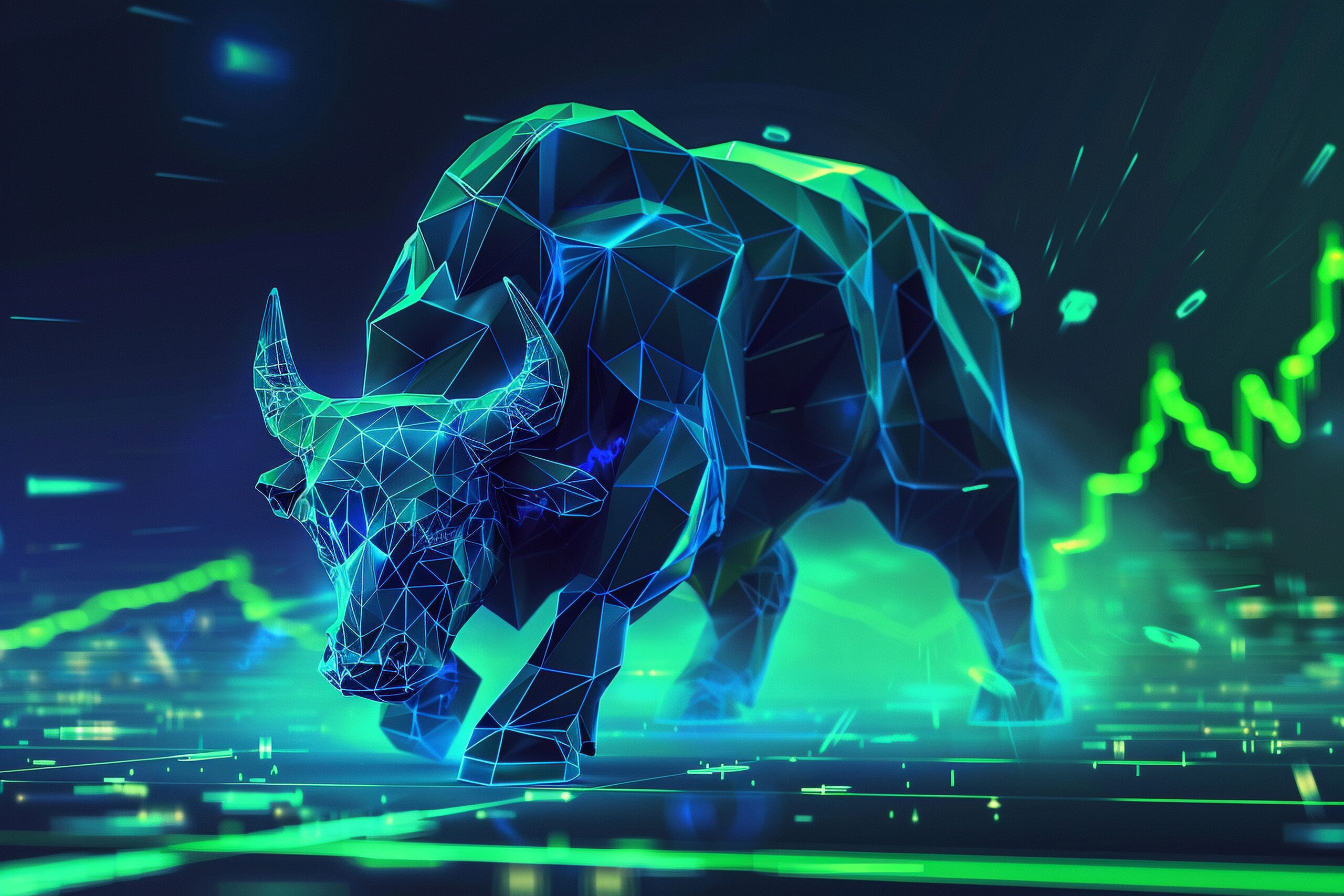In recent years, a quiet revolution has been taking place in the world of finance—one powered not by banks or governments, but by blockchain technology. This movement is called Decentralized Finance, or DeFi for short, and it’s changing the way people around the world access and use financial services.
If you’re new to the concept, don’t worry. This guide will walk you through what DeFi is, how it works, and why it’s one of the most exciting innovations in finance today.
🔍 What is DeFi?
Decentralized Finance (DeFi) refers to a new financial system built on public blockchains—primarily Ethereum—that allows people to borrow, lend, trade, save, and earn interest without relying on traditional banks or intermediaries.
Instead of using centralized financial institutions (like banks, lenders, or brokers), DeFi platforms use smart contracts—self-executing code that automatically carries out transactions when conditions are met.
🧱 How DeFi Works
At the heart of DeFi is blockchain technology. Here’s how the system functions:
- Smart Contracts: Replace banks and intermediaries with code that automates transactions.
- dApps (Decentralized Applications): Apps built on blockchain that offer financial services like exchanges, lending platforms, and yield farms.
- Crypto Wallets: You control your assets through non-custodial wallets like MetaMask or Trust Wallet—no bank account required.
- Tokens: DeFi uses cryptocurrencies (like ETH or USDC) and platform-specific tokens for transactions and governance.
Everything happens transparently and securely on-chain, giving users full control over their funds.
💡 What Can You Do With DeFi?
DeFi opens up a wide range of financial activities, including:
1. Lending & Borrowing
Earn interest by lending your crypto, or borrow funds by putting up collateral—no credit checks needed.
2. Trading
Use decentralized exchanges (DEXs) like Uniswap or SushiSwap to trade tokens directly from your wallet.
3. Staking & Yield Farming
Earn rewards by locking your tokens in smart contracts to help power the network or provide liquidity.
4. Stablecoins
Use crypto pegged to real-world currencies (like USDC or DAI) to avoid volatility.
5. Insurance
Protect your assets with decentralized insurance platforms like Nexus Mutual.
🌍 Why DeFi Matters
DeFi isn’t just a buzzword—it’s a movement with real-world implications. Here’s why it matters:
- Global Access: Anyone with internet and a crypto wallet can participate—no bank account required.
- Transparency: All transactions are public and verifiable on the blockchain.
- Control: You manage your funds directly, with no third-party restrictions.
- Innovation: DeFi platforms are pushing the boundaries of what’s possible in finance.
⚠️ Risks and Considerations
DeFi comes with opportunities—but also risks. Be aware of:
- Smart Contract Bugs: Vulnerabilities in code can be exploited.
- Scams and Rug Pulls: Not all projects are legitimate.
- Volatility: Crypto prices can change quickly.
- No Customer Support: You’re responsible for your own security and backups.
Always do your own research (DYOR) and only use well-audited, reputable platforms.
✅ Getting Started with DeFi
Ready to explore DeFi? Here’s a simple roadmap:
- Set Up a Crypto Wallet: Try MetaMask or Trust Wallet.
- Buy ETH or a stablecoin: Use an exchange like Coinbase, Binance, or Kraken.
- Transfer funds to your wallet
- Explore DeFi dApps: Visit sites like Uniswap, Aave, or Compound.
🔚 Final Thoughts
DeFi is reshaping the financial world by putting power into the hands of individuals—not institutions. While it’s still early and evolving, the possibilities are enormous. Whether you’re looking to earn, invest, or simply understand the future of finance, now is a great time to start learning about DeFi.
Welcome to the new financial frontier—one that’s open, transparent, and entirely in your hands.




